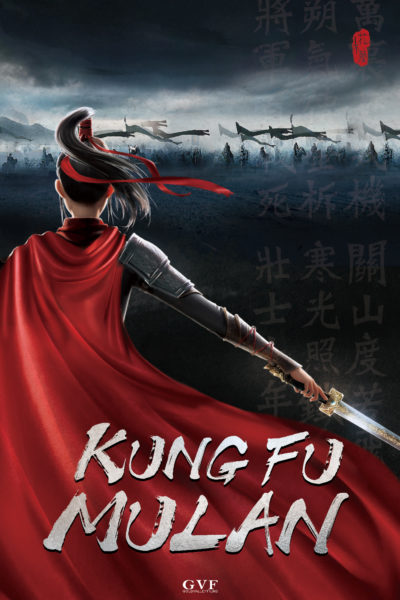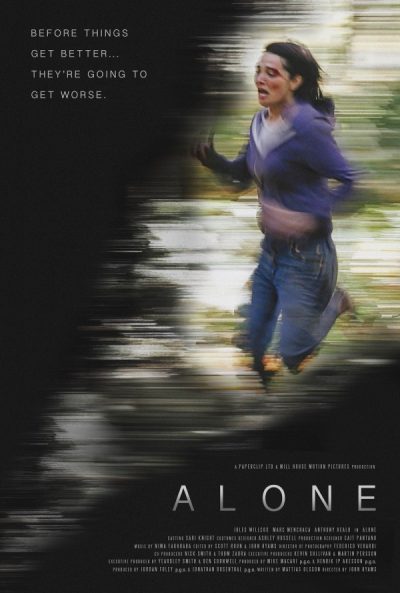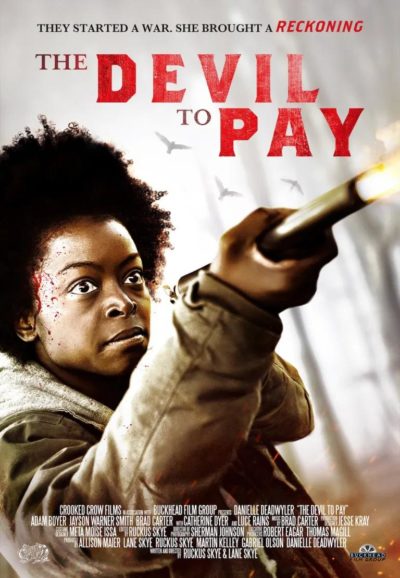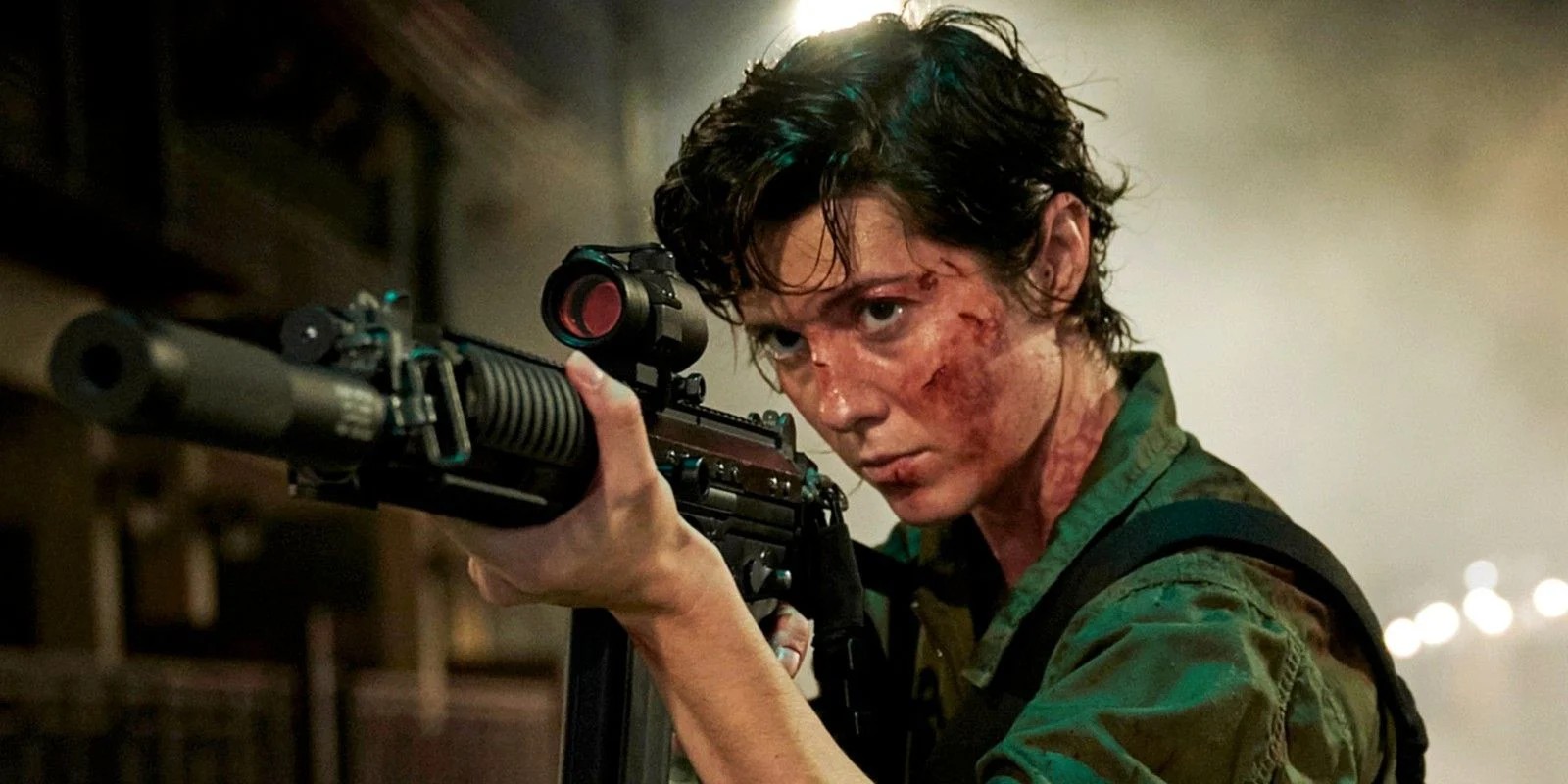Literary rating: ★★★★
Kick-butt quotient: ☆
 Warning: while this review contains no spoilers for the book I’m reviewing, it inevitably involves some spoilers for the book to which it’s a sequel, Anna Dressed in Blood. (I didn’t review that one here; see below). The situation in this book directly grows out of the events of the first one; and though the author provides some brief references to those in the opening chapters here, if you have not read the series opener, you would get only the very bare basics of what happened there. IMO, she expected that her readers will read the books in order, and I would strongly recommend doing so. Your whole understanding of the premise here, your engagement with the story, and your understanding of who most of the major characters are as people and your emotional connection to them will be seriously impaired if you don’t!
Warning: while this review contains no spoilers for the book I’m reviewing, it inevitably involves some spoilers for the book to which it’s a sequel, Anna Dressed in Blood. (I didn’t review that one here; see below). The situation in this book directly grows out of the events of the first one; and though the author provides some brief references to those in the opening chapters here, if you have not read the series opener, you would get only the very bare basics of what happened there. IMO, she expected that her readers will read the books in order, and I would strongly recommend doing so. Your whole understanding of the premise here, your engagement with the story, and your understanding of who most of the major characters are as people and your emotional connection to them will be seriously impaired if you don’t!
With this novel, Blake concludes the Anna duology. The two books are quite similar in terms of style and literary vision. As in the first book, our protagonist and present-tense narrator is high school junior Cas Lowood, the latest member of his family line to wield a magically-powered athame capable of sending those ghosts which are homicidal (not all ghosts are) out of this world into the afterlife. And again, our title character is Finnish-descended Anna Korlov (ca. 1942-1958), brutally murdered by her own mother, a black-magic witch, who cursed the girl with a spell that forced her to haunt the house in which she died and to savagely slaughter anyone hapless enough to subsequently enter it. Near the end of the first book, Anna deliberately cast herself through a portal into Hell (conceived in terms more owing to North American European-derived folk religion than to anything biblical), dragging along with her an utterly malevolent and murderous spirit of enormous power and menace, the “Obeahman,”and thereby saved the lives of Cas and others –but not before she and Cas had forged a genuine emotional connection.
The previous novel took place in the fall of Cas’ junior year in high school. When the second one opens, we’re now in the late spring of the next year, when the school year is rapidly winding down to its close. All during the interval, a grieving Cas has been searching for some way to communicate with Anna and at least obtain some sort of closure. He’s been aided in this quest by his mom, a white witch; by his London-based British mentor (and the mentor of his late father before him) Gideon Palmer; and by his high-school classmate, psychically-gifted Thomas Sabin and Thomas’ grandfather Morfran, a pair who are endowed with pretty formidable magic talents of their own. So far, they’ve drawn a blank. But now, Cas is beginning to find his dreams turned nightmarish with visions of Anna and, increasingly, experiencing very vivid waking visions of her as well. Are these genuine communications from Beyond, or is he simply beginning to lose his mind and hallucinate? (Well, for an answer, you’ll just have to read the book! :-) )
The first novel in the series isn’t an action heroine read. There, although Anna, as a cursed ghost, is formidably deadly (she can, and does, kill people by literally ripping them to pieces), she’s not inflicting her mayhem in a heroic mode; and where physical combat with dark forces is called for, it falls strictly on Cas. This time, though, he’s going to need help in that department; and Carmel Jones, queen bee of the high school’s “in” crowd (and Thomas’ girlfriend; Blake lets her transcend stereotype, which I appreciated) will find herself “getting in touch with her inner warrior princess.” Then there’s magically-gifted teen Jestine “Jess” Reardon, groomed to be Cas’ replacement (long story!) by the ancient Druidic order whose ancestors created the athame, who’s combat-capable as well as smart. And just because Anna’s no longer cursed doesn’t mean that she’s not still one tough ghost…. Action scenes that involve these young ladies aren’t numerous –but they are pretty intense, and potentially lethal (or worse).
Our initial setting is the main setting of most of the first book, the real-life rather large Canadian city of Thunder Bay, Ontario. We also have a couple of ghost-hunting side trips to Minnesota, and then shift to the British Isles for roughly the last half of the book. Again, Blake gives us three-dimensional people in her important characters (both the returning ones and one newly introduced here), who have realistically complex feelings and motivations and nuanced attitudes and interactions, but whom at the same time we can understand and like. Folklore from the Vodoun tradition isn’t as prominent in this book, but the author continues to make good use of Finnish lore, particularly the role of Sami drums in shamanism. Again, this is a very gripping read, with a high suspense factor, several surprise developments (which never violate the logic of the plot, unlike the “surprises”thrown in by some genre writers!), often a real sense of life-and-death danger in places, a high-stakes central conflict, and scenes of ghostly menace which conjure a genuine, powerful sense of creepiness. The emotional intensity of the story, for me, was quite high.
As with the first book, I’d call this an adult novel which happens to have mostly teen characters. I don’t unreservedly recommend it for teen readers because, like the first book, it has a lot of bad language, including profanity and obscenity, the great majority of it gratuitous. (That cost it a star.) But, also like the first book, it has no sexual content, and the violence, though it’s there, isn’t more graphic than necessary. If you’ve read the first book, I’d characterize this sequel as a must-read.
Author: Kendare Blake
Publisher: Tor Teen; available through Amazon, both for Kindle and as a printed book.
A version of this review previously appeared on Goodreads.





 Going into this, I was expecting it to be really terrible. After all, this Chinese animated version seemed to be little more than a mockbuster, riding on the trails of Disney’s
Going into this, I was expecting it to be really terrible. After all, this Chinese animated version seemed to be little more than a mockbuster, riding on the trails of Disney’s 

 Running a crisp 58 minutes in its omnibus edition, this is a bit like
Running a crisp 58 minutes in its omnibus edition, this is a bit like 

 I kinda agonized, for far longer than I should have, over whether this was a 3-star or 2½-star film. It’s probably 2¾. Or perhaps 2 5/8. No, 2 11/16. In the end though, it doesn’t matter. It’s just another in Megan Fox’s attempts to become the next Angelina Jolie, following in the footsteps of the similarly okay but not exactly memorable
I kinda agonized, for far longer than I should have, over whether this was a 3-star or 2½-star film. It’s probably 2¾. Or perhaps 2 5/8. No, 2 11/16. In the end though, it doesn’t matter. It’s just another in Megan Fox’s attempts to become the next Angelina Jolie, following in the footsteps of the similarly okay but not exactly memorable 

 ★★★
★★★ There is also, quite often, some kind of emotional resonance, in the cases where the child is not biologically related [when that is the case, you don’t typically need or get any more explanation, blood being thicker than water]. Maybe the kid acts as a surrogate, a replacement for one previously lost (Alien), or the heroine could never have. Or if a girl, the protagonist can perhaps see a younger version of herself. The other common theme is the use of the child as a key, to unlock the adult. Often, the latter has lost her humanity, typically through harsh circumstances, becoming largely a lone figure, with her emotions suppressed. The “childlike innocence” of the young person, to use a cliché, can be used as a psychological crowbar, pricing open the hard shell of the grown-up, allowing them to reconnect with their humanity. The more emotionally-driven immaturity also stands in contrast to the adult’s stoicism, often to an extreme degree.
There is also, quite often, some kind of emotional resonance, in the cases where the child is not biologically related [when that is the case, you don’t typically need or get any more explanation, blood being thicker than water]. Maybe the kid acts as a surrogate, a replacement for one previously lost (Alien), or the heroine could never have. Or if a girl, the protagonist can perhaps see a younger version of herself. The other common theme is the use of the child as a key, to unlock the adult. Often, the latter has lost her humanity, typically through harsh circumstances, becoming largely a lone figure, with her emotions suppressed. The “childlike innocence” of the young person, to use a cliché, can be used as a psychological crowbar, pricing open the hard shell of the grown-up, allowing them to reconnect with their humanity. The more emotionally-driven immaturity also stands in contrast to the adult’s stoicism, often to an extreme degree. 